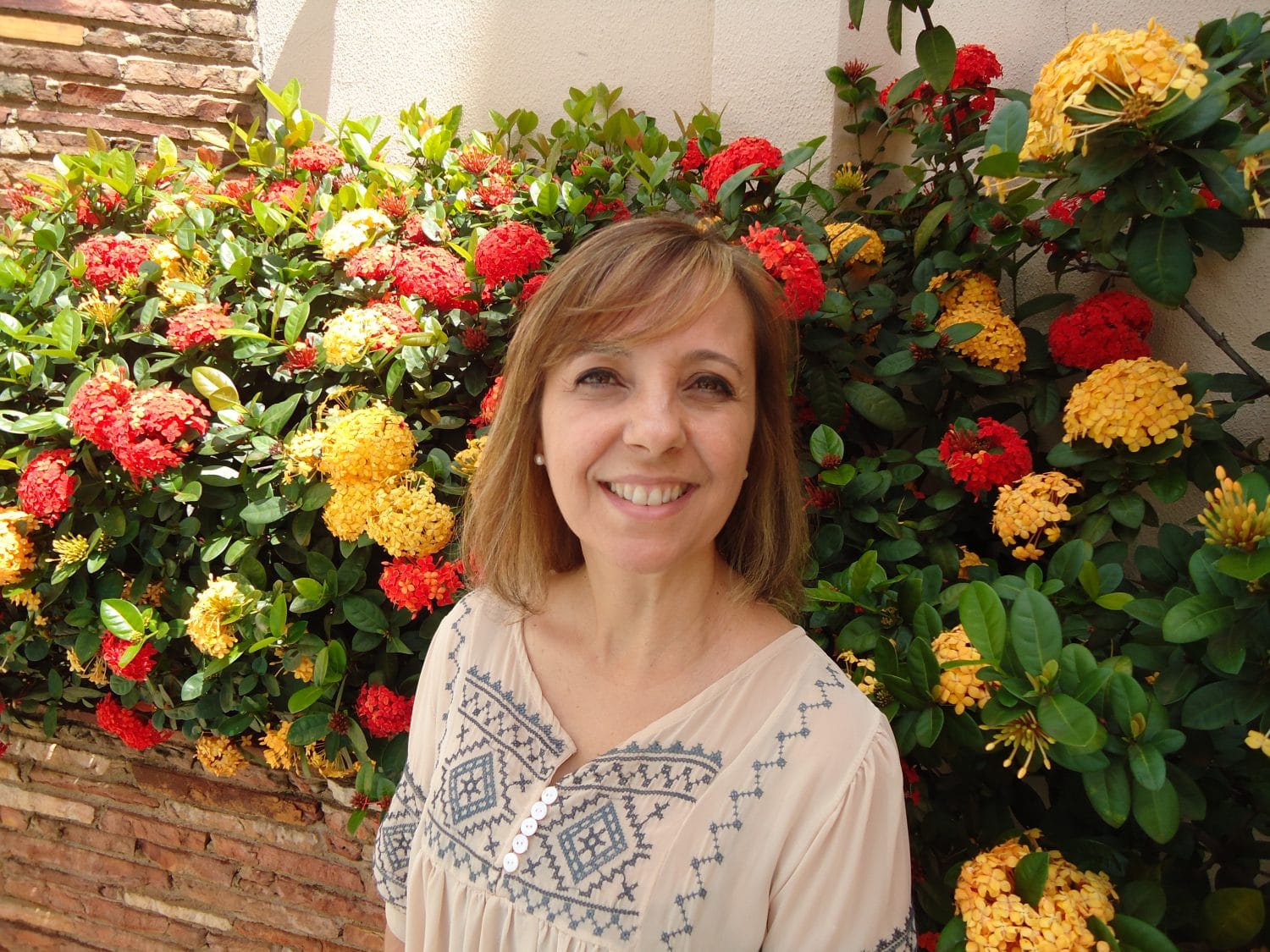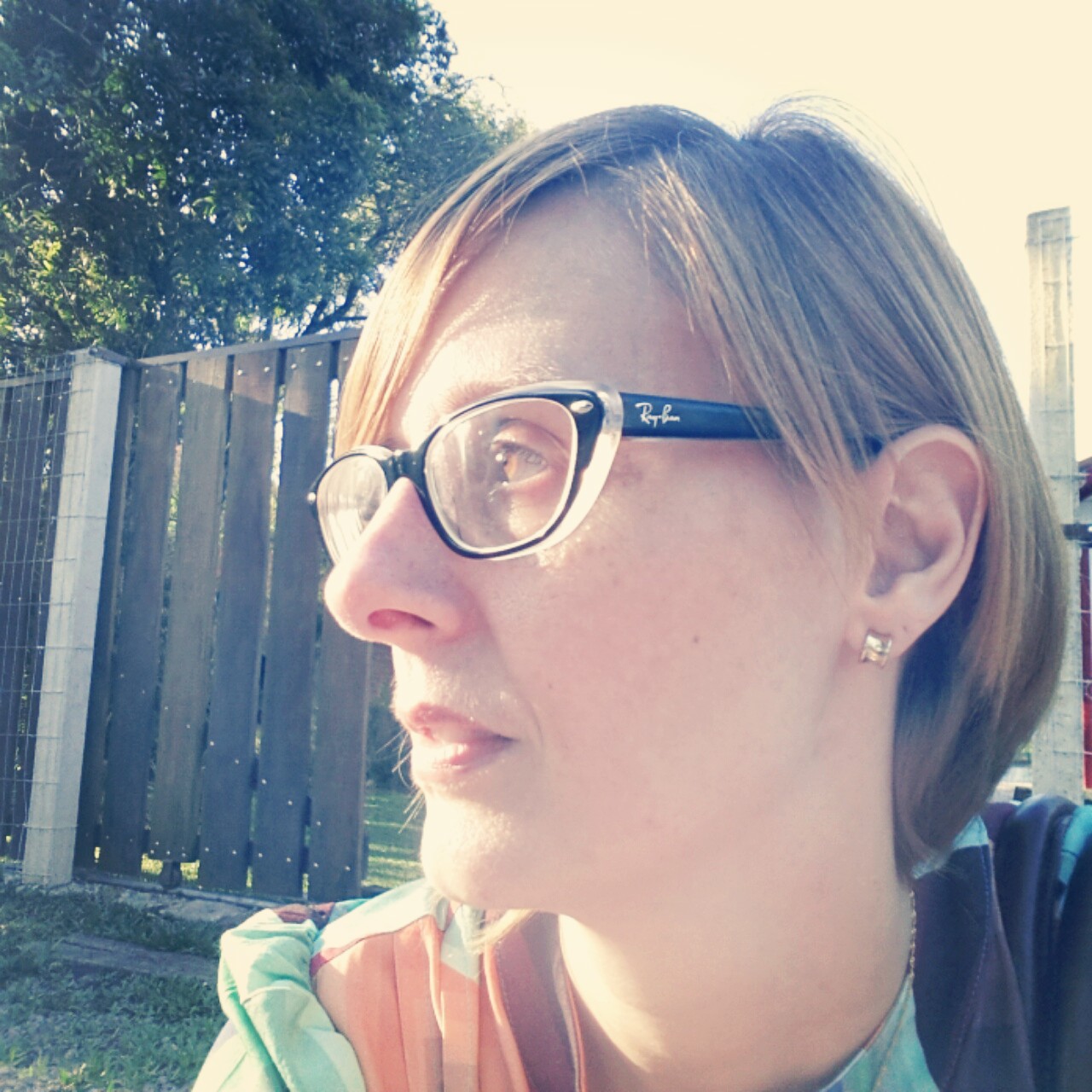More than content, we want to make connections
In these last years, while writing my M.A. thesis, I’ve come to recognize the power of learning through stories. As a narrative researcher, now I understand that by telling our stories we educate not only ourselves, but give others the chance to make meaning of their own stories through ours (Connely and Clandinin, 2000).
The little story I wish to share here is the story of a teacher who enrolled for an online course wishing to learn more about educational design and at the same time, to observe how other teachers moderate these courses.
The platform used was Moodle which hosted weekly tasks participants had to carry out such as readings, discussions, videos to watch and papers to write. For most of the weeks, there was a chat room for the discussions about the assigned readings.
Although the teacher seemed to be learning lots of interesting things from the texts, she felt something was missing. The chat rooms were spaces to discuss the readings where she could read plenty of intelligent comments in academic language. Trying to use that space to get to know her classmates just didn’t feel right. You know when you go to a library to study on your own? That’s how she felt.
This story made me think of the reasons people look for courses, either face to face or online. When I look for a course, my initial motivation is knowledge. But why don’t I go to a library or use the internet to learn on my own? Learning in a classroom with a teacher allows me to have help when I need it, I can exchange ideas with other people, not only about the topic I’m learning, but about life too. I can make connections and feel I’m part of a group. I can read books and study, but I can also laugh and have a good time. We can’t forget that most of us love learning new things, however, meeting people and making connections is part of our social human nature.
Thinking back about that initial story shared here one might think the platform chosen might define the richness of interaction that might take place during an online course (Short, Williams and Christie, 1976). Therefore, the feeling of loneliness might not have happened if the platform of the course had been another. I partly agree with that idea. Yes, I believe the choice of the platform can influence the kind of connections we can make during a course, but more than that, the planning of interactions by the course designers and moderators is key to fostering the feeling of community and the feeling of belonging.
So, if you’re thinking of designing a course, be it presential or online, I invite you to reflect about the kind of interactions your course allows and what you, as a moderator or teacher, can do to manage these connections. After all, people are people everywhere and anywhere.
REFERENCES
CONNELLY, M.; CLANDININ, D.J. (2000) Narrative Inquiry: experience and story in qualitative research. 1st Edition, Jossey Bass.
SHORT,J; WILLIAMS, E.; CHRISTIE, B. (1976) The social psychology of telecommunications. London: John Wiley & Sons, 195p.







